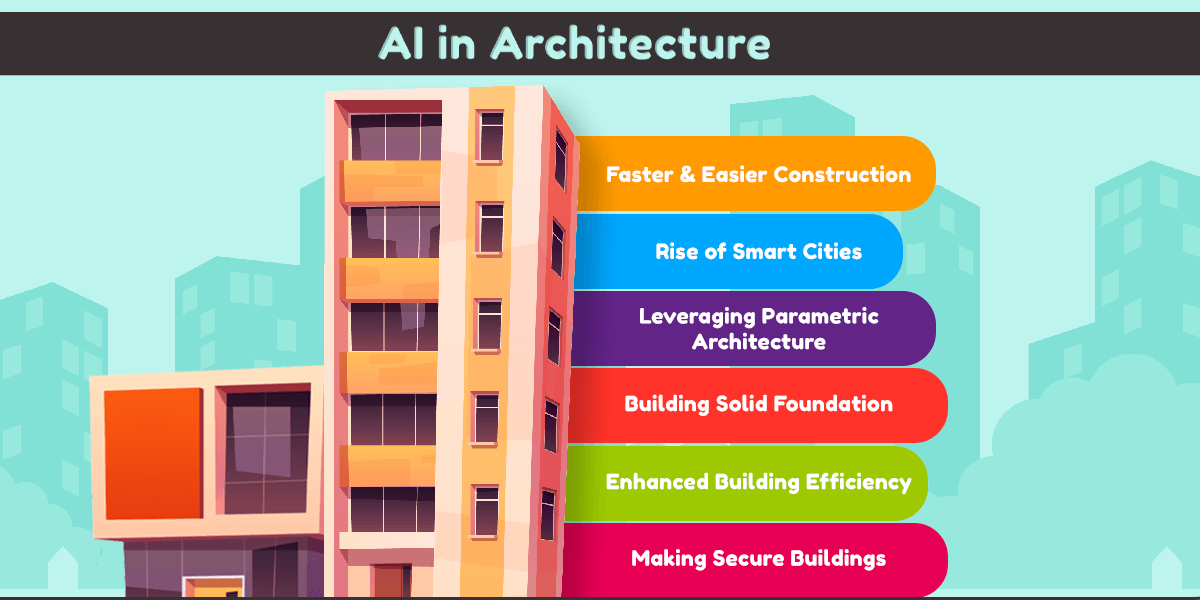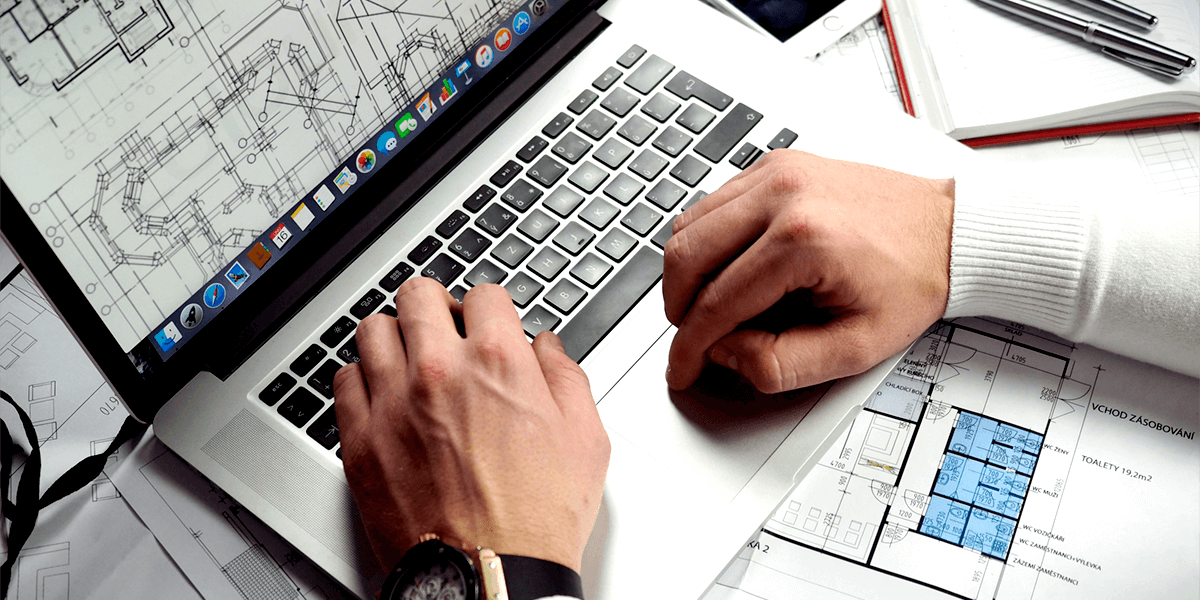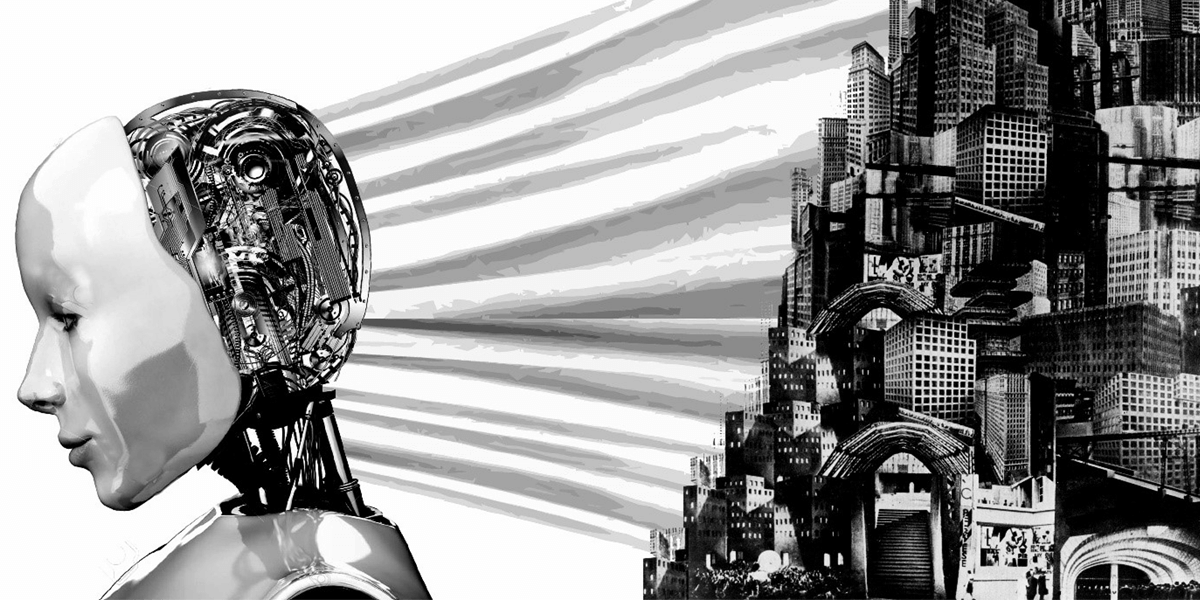Credit: futurearchitectureplatform
Humans have been employing technology for performing time-consuming, repetitive tasks for decades now. In fact, artificial intelligence has been around since the 1950’s when the “Father of AI” John McCarthy first devised the terminology. Japanese scientists first built a humanoid robot in the year 1972. However, researchers were still running behind on the software or data technology front.
They went through a dry spell for almost two decades until the 1990s after which AI capabilities gained traction. This smart tech has transformed several industries including manufacturing, automobiles, and medicine over the years. Similarly, AI is working its magic on the architecture industry as well.
Let’s take a look at some applications of artificial intelligence in architectural design:

Faster and Easier Construction
AI in architecture is proving to be an incredible tool in truncating building and design time significantly. Artificial intelligence has greatly simplified the planning process by creating budget estimates, interpreting the building environment, simulating models, and analyzing huge volumes of data.
In future, AI would require little to no human intervention for construction. Researchers at MIT are currently developing AI-powered drones that would assist in constructing small models.
Rise of Smart Cities

Credit: pexels
Building a smart city requires meticulous planning and precision. It involves designing the ecosystems that would coexist. For this reason, architects will utilize machine learning architecture design soon. Moreover, AI-powered smart city models would soon replace traditional models.
Smart cities will mimic living organisms who communicate with themselves and provide real-time feedback and data. Public places, cars, smartphones, and buildings will interact with each other through AI architecture.
Leveraging Parametric Architecture
Architect’s programming language i.e. parametric architecture has made possible things previously deemed unimaginable. AI and architecture are witnessing tech-inspired facelift owing to parametric architecture. It allows the architect to simulate numerous output designs by changing specific parameters.
Parametric architecture has greatly relaxed the architects’ efforts. As a result, they can focus on creating something new or brainstorming different ideas by leveraging AI for architecture.
Building a Solid Foundation

Credit: pexels
Every architect has to conduct painstaking research to collect relevant data about the project. Artificial intelligence can perform the same function in milliseconds and even recommend appropriate models.
Hence, AI is imperative for building a solid foundation before starting any project.
Enhanced Building Efficiency
Environmental analysis and building calculations have been made quite easier with the help of artificial intelligence. Data related to material ratings, weather, and temperature take huge time to compile. AI has substantially reduced the compilation time thereby aiding architects in the process.
Future building designs will incorporate sustainability as an indispensable feature. AI will allow the implementation of features such as smart stormwater and smart lighting into the building blueprints.
Making Secure Buildings
At present, huge footage volumes are extremely difficult to examine. Whenever a suspicious person or activity has to be identified, police go through hours of footage.
Smart locking systems of the future will take up artificial intelligence. The systems will deny access to the building if the user does not have a code or keycard. AI-enabled security systems can automatically detect and scrutinize dubious activities within the building premises.
Going Forward
In the near future, campuses, offices, and buildings will be equipped with smart locking systems. Artificial intelligence will un-complicate things when it comes to identifying suspects around a building. With time, both technology and human needs will evolve. Consequently, artificial intelligence will adapt and take architecture to new heights.
AI in architecture is full of promises, potential, and new challenges. It will revolutionize design, planning, security, and efficiency as well as whitespaces in architecture.

